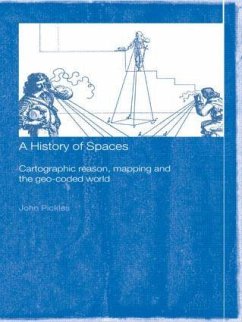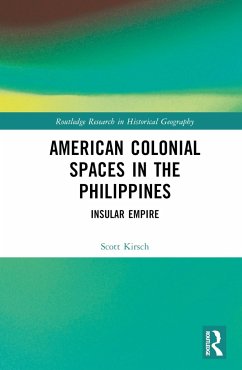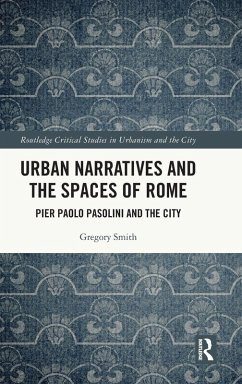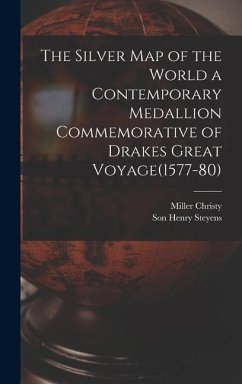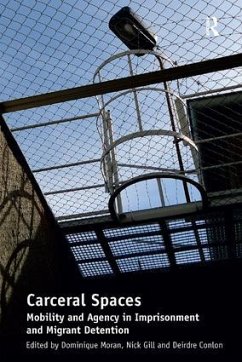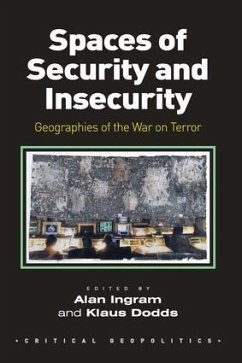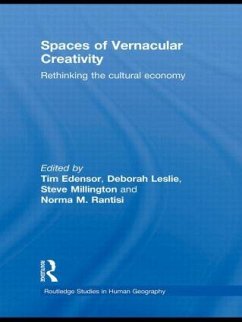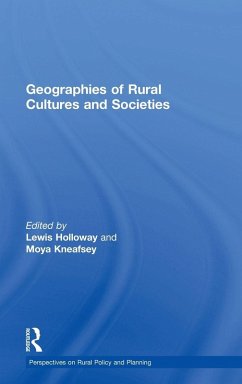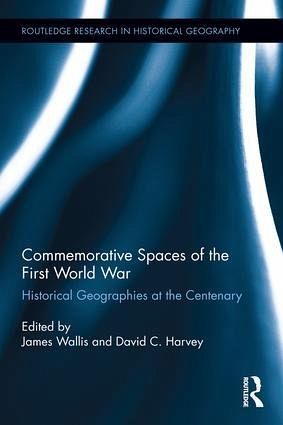
Commemorative Spaces of the First World War
Historical Geographies at the Centenary
Herausgeber: Wallis, James; Harvey, David C.
Versandkostenfrei!
Versandfertig in 1-2 Wochen
167,99 €
inkl. MwSt.

PAYBACK Punkte
84 °P sammeln!
This is the first book to bring together an interdisciplinary, theoretically engaged and global perspective on the First World War through the lens of historical geography. This book explores the War's impact in more unexpected theatres, blurring the boundary between home and fighting fronts, investigating the experiences of the war among civilians and often over-looked combatants. The book also critically examines the politics of hindsight in the post-war period, and offers an historical geographical account of how the First World War has been memorialised within 'official' spaces as well as ...
This is the first book to bring together an interdisciplinary, theoretically engaged and global perspective on the First World War through the lens of historical geography. This book explores the War's impact in more unexpected theatres, blurring the boundary between home and fighting fronts, investigating the experiences of the war among civilians and often over-looked combatants. The book also critically examines the politics of hindsight in the post-war period, and offers an historical geographical account of how the First World War has been memorialised within 'official' spaces as well as many of the 'alternative spaces' of commemoration that are often overlooked and undervalued.





